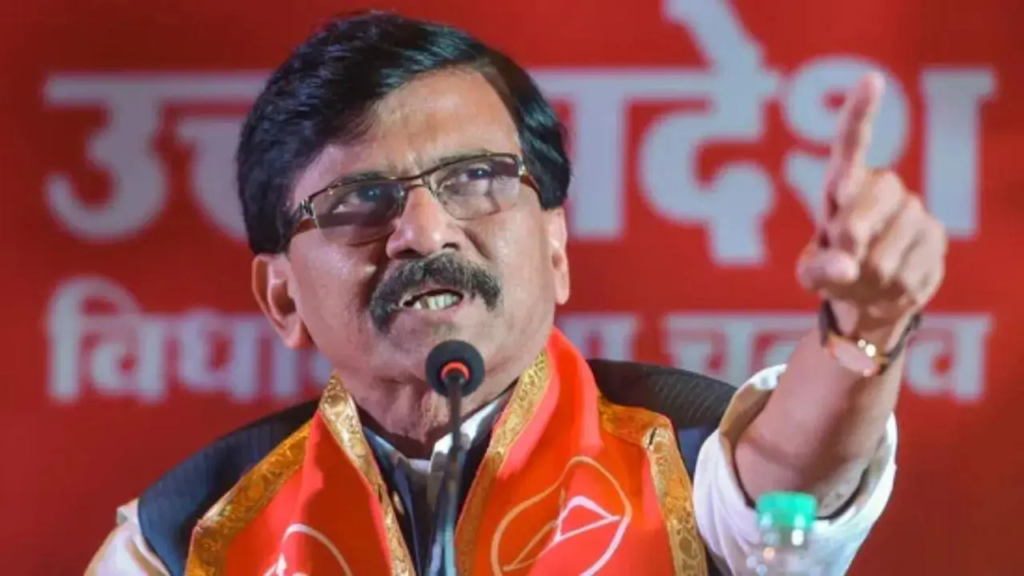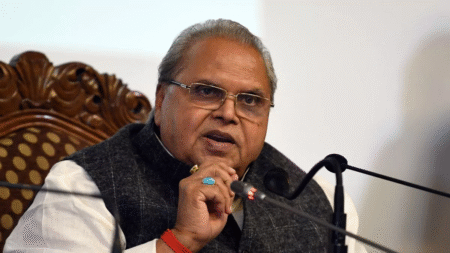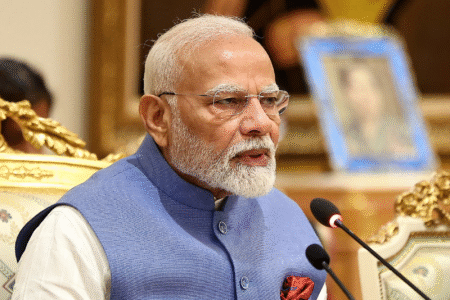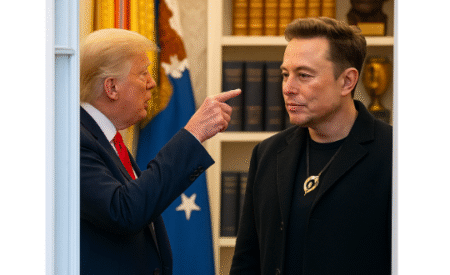As Maharashtra gears up for its 2024 Assembly elections, seat-sharing talks between the major opposition parties, namely Shiv Sena (UBT), the Nationalist Congress Party (NCP), and the Samajwadi Party (SP), are showing signs of progress.

According to Shiv Sena (UBT) leader Sanjay Raut, the parties are eager to resolve issues and form a unified front against the ruling BJP. With elections approaching, alliances are critical for opposition parties hoping to mount a strong challenge.
Progress in Seat-Sharing Discussions
Sanjay Raut, speaking to reporters, indicated that discussions among the opposition parties have been productive. The major parties are trying to avoid disputes over seat allocations in the upcoming Maharashtra Assembly elections. The goal is to ensure a fair distribution of seats and maintain unity in their strategy to take on the ruling Bharatiya Janata Party (BJP) and its allies.
The process of determining seat-sharing arrangements is crucial for the opposition parties as they look to pool their strengths and avoid splitting the anti-BJP vote. These negotiations also reflect the opposition’s understanding that division within their ranks could benefit the BJP.
Opposition Unity in Maharashtra
The Shiv Sena (UBT) faction, led by Uddhav Thackeray, remains a key player in the opposition alliance. Following the split in the Shiv Sena in 2022, when Eknath Shinde broke away with a faction and formed an alliance with the BJP, Uddhav Thackeray’s faction has been working closely with other parties like the NCP and Congress to regroup and regain power.
The NCP, led by Sharad Pawar, has been a cornerstone of the opposition coalition. Pawar’s political acumen and influence in Maharashtra’s politics have always made the NCP a significant force in state elections. Along with Sena (UBT), the NCP’s involvement is critical to forming a strong opposition block.
The Samajwadi Party, though a relatively smaller player in Maharashtra, is also part of the seat-sharing talks. Its involvement represents the broader attempt by the opposition to include all regional and national players willing to challenge the ruling government. The SP has its core base in Uttar Pradesh but has been looking to expand its influence in Maharashtra and other states.
Challenges in Finalizing Seat Sharing
While the intent to resolve issues is clear, finalizing the seat-sharing arrangement between the parties presents challenges. Each party has its core constituencies and areas of influence that they are reluctant to give up. These negotiations are delicate, as each party wants to maximize its representation in the Assembly while ensuring the alliance’s overall success.
For instance, the Shiv Sena (UBT) and NCP both have strongholds in Maharashtra, and some constituencies may overlap. Managing these overlapping claims will be essential to avoid internal conflicts that could weaken their joint electoral campaign.
Sanjay Raut acknowledged the complexity of the seat-sharing discussions but emphasized the commitment of all parties to resolving these issues amicably. He expressed confidence that an agreement would be reached that benefits all the alliance members.
The Importance of Opposition Unity
The seat-sharing talks are not just about distributing seats but also about showcasing opposition unity. For the parties involved, presenting a united front is crucial in combating the perception of disunity, which could otherwise hurt their electoral prospects.
The BJP, which controls both the state government under Eknath Shinde and the central government under Prime Minister Narendra Modi, has been a formidable force in Maharashtra politics. To challenge this dominance, opposition parties must present a cohesive alternative that voters can rally behind.
In the past, the opposition’s failure to unite has often led to fragmented voting patterns, giving the BJP an edge. Learning from previous mistakes, the opposition alliance in Maharashtra is working diligently to ensure that their seat-sharing arrangement reflects a collaborative effort to unseat the BJP.
Looking Ahead to the 2024 Assembly Elections
With Maharashtra’s 2024 Assembly elections just months away, the opposition parties are racing against time to finalize their seat-sharing agreement. The political landscape in Maharashtra is highly competitive, with both the ruling and opposition parties having deep-rooted support bases.
The 2024 elections will be a key battleground for both national and state-level political parties, especially with the 2024 general elections around the corner. A victory in Maharashtra could set the tone for the national elections and signal a shift in the political balance of power.
Also Read : Karolina Goswami a Polish YouTuber Claims Getting Threats from Dhruv Rathee’s FansFor the opposition alliance, led by Shiv Sena (UBT), NCP, Congress, and SP, forming a cohesive front is crucial. The strength of their collaboration will likely determine their ability to challenge the BJP-Shinde government effectively.
Conclusion
The ongoing seat-sharing discussions between Sena (UBT), NCP, and SP in Maharashtra highlight the opposition’s determination to unite against the ruling BJP-Shinde alliance. While challenges remain in finalizing these talks, the willingness of the parties to resolve issues shows a strategic move toward ensuring victory in the 2024 Assembly elections. As the state prepares for another high-stakes election, the success of the opposition’s unity could play a decisive role in shaping Maharashtra’s political future.
FAQs
1. What is the current status of seat-sharing talks between Sena (UBT), NCP, and SP?
The seat-sharing talks are progressing, with all parties showing a willingness to resolve their differences. Sanjay Raut has expressed confidence that a fair agreement will be reached soon.
2. Why is seat-sharing important for the opposition alliance?
Seat-sharing is crucial for the opposition to avoid splitting the anti-BJP vote and to present a united front that can effectively challenge the ruling BJP-Shinde alliance in Maharashtra.
3. What challenges do the opposition parties face in seat-sharing?
The opposition faces challenges in managing overlapping constituencies and ensuring that each party receives a fair share of seats without causing internal conflicts.
4. How significant is opposition unity in the 2024 Maharashtra Assembly elections?
Opposition unity is critical for defeating the BJP-Shinde government. A united front will provide voters with a viable alternative to the current government.
5. What role does the NCP play in the opposition alliance?
The NCP, led by Sharad Pawar, is a key player in the opposition alliance. Its stronghold in Maharashtra and Pawar’s political influence are essential for the alliance’s success.
- How to Stay Healthy During Flu Essential Tips for Every Family
- Satyapal Malik Death on 5 Aug 2025: Political Legacy That Shaped Indian Public Life
- Growing Legionnaires’ Disease Outbreak in NYC’s Harlem Claims Two Lives, Sickens Over 58
- Non-Alcoholic Drink Beer: fresh Alternative with a Unique Appeal
- Meet the Harley-Davidson X440: The Ultimate Desi Roadster
- OnePlus Pad 3: The Android Tablet That Wants Your Laptop’s Job

















